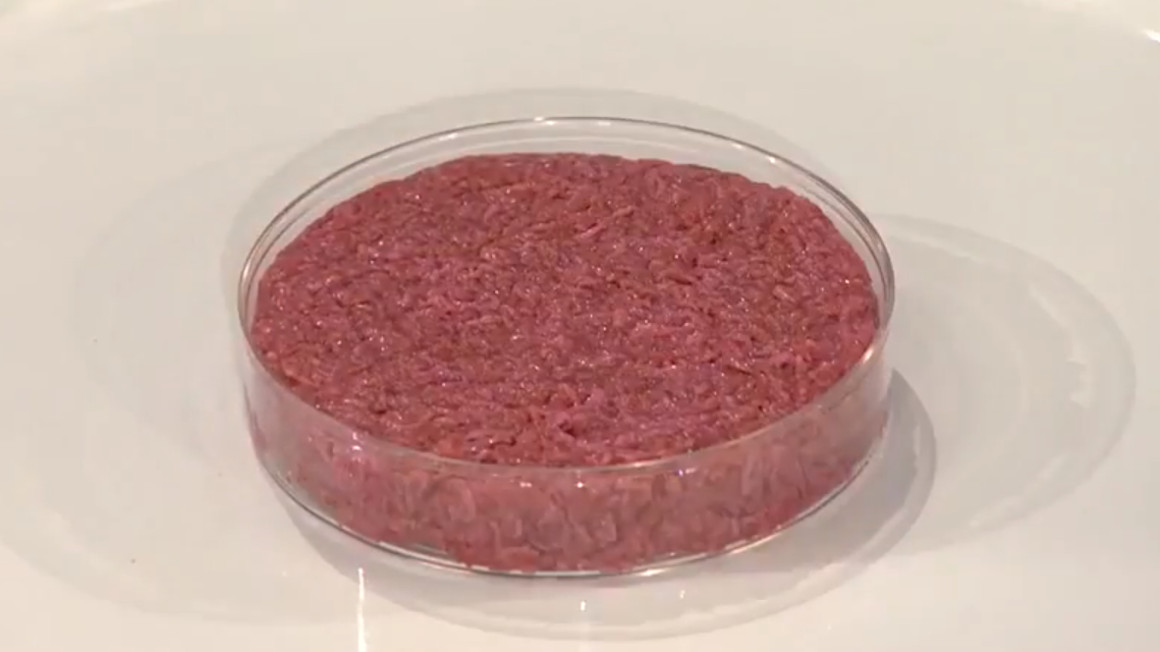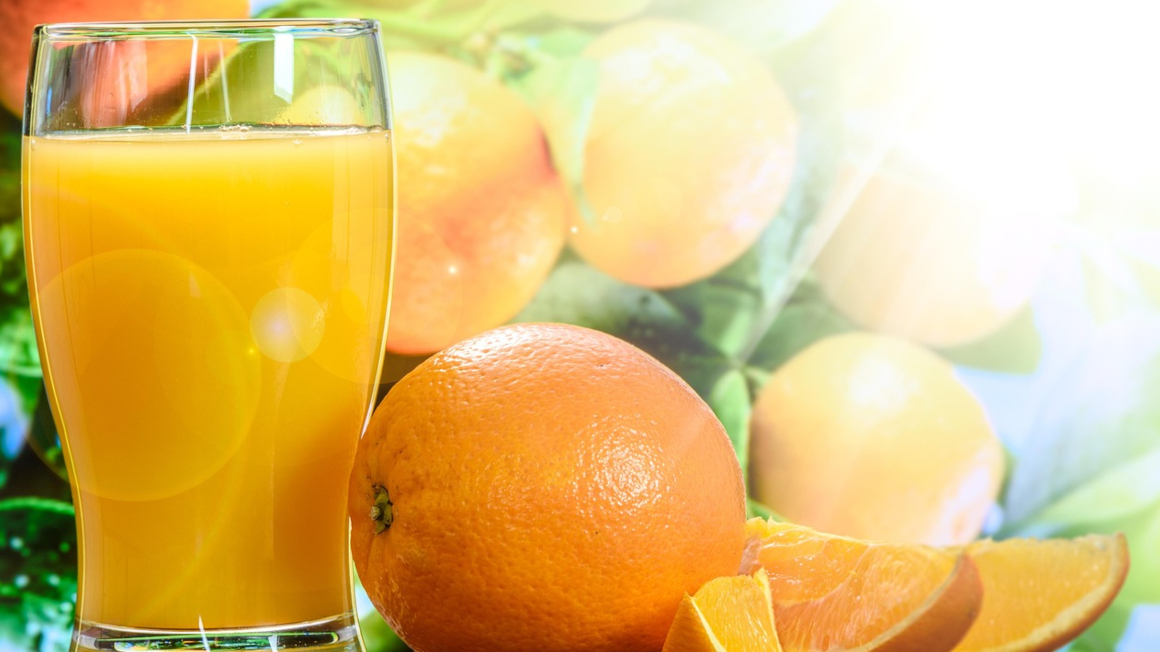More interest in cultured meat
A survey by Bitkom Research shows: More and more people can imagine eating cell-based meat from 3D printers and see this as a contribution to more sustainable food production.

Aspects such as animal welfare and environmental protection play an increasingly important role when buying meat products. The increasing demand for plant-based alternatives also drives the development of so-called lab-grown meat. In this process, muscle stem cells from chickens or cattle are grown in a bioreactor and formed into meat-like structures using a 3D printer - without any animal having to suffer or die. The first Clean Meat products are already on the market in Singapore and the USA. Interest in such innovative technologies is also growing in this country, as a recent market study by Bitkom Research shows.
One in five would eat lab meat from 3D printers
The representative survey commissioned by the digital association Bikom revealed that 20% of respondents could imagine eating so-called cultured meat from the 3D printer. Four years ago, only 13% were open to such an innovation. "In particular, the use of food printers makes it possible to give products made in a laboratory an appearance and texture similar to conventional meat, but with a significantly smaller environmental footprint. This is because cultured meat minimizes the need for farmland and water, reduces greenhouse gas emissions, and thus reduces the overall impact on the environment," says Jana Moritz, Digital Farming and Food Tech Officer at Bitkom.
Potential for more sustainable food production
Even though consumers are more open to high-tech meat, 57% of respondents still completely reject the consumption of lab-grown meat. 16% said they "tend not to" eat cell-based meat from 3D printers. At the same time, 24% of respondents agree that cell-based meat can contribute to more sustainable food production, but only 12% would also be willing to pay more for 3D-printed meat than for conventional meat. Accordingly, for 11%, food from the 3D printer is purely a luxury product and only 13% can imagine that 3D printers will also be a fixed part of kitchen equipment in the future.
A total of 1,002 people in Germany aged 16 and over were interviewed by telephone for the survey.
bb


